Most businesses assume their documentation is good enough—until things start going wrong.
Employees struggle to find answers, mistakes pile up, and managers spend time re-explaining the same processes.
Bad documentation does more than slow people down.
It costs businesses real money in lost productivity, training inefficiencies, and rework.
That is why more companies in Melbourne VIC are bringing in technical writers to fix the gaps before they cause bigger problems.
Bad Documentation Wastes Time and Money
When instructions are too complex, outdated, or unclear, employees:
❌ Waste time searching for answers instead of doing their work
❌ Make errors that lead to delays and rework
❌ Ask colleagues for help, slowing down the whole team
Every extra minute spent figuring things out adds up to thousands in lost productivity over time.
The Cost of Employees Not Having Clear Instructions
Employees should be able to find the information they need in seconds.
Instead, many businesses have:
📌 SOPs buried in shared drives that no one reads
📌 Outdated manuals that do not reflect current processes
📌 Confusing instructions that cause more questions than answers
When employees cannot find clear instructions, they make their own.
This leads to inconsistent work, errors, and unnecessary frustration.
A technical writer fixes this by creating clear, structured, and easy-to-follow documentation.
Why Melbourne Businesses Are Investing in Technical Writers
More businesses in Melbourne VIC are realising that fixing documentation early saves time, reduces mistakes, and makes teams more efficient.
Here is why:
1. Training Becomes Faster and More Effective
New hires take longer to get up to speed when documentation is unclear.
A technical writer creates step-by-step guides, process maps, and training materials that cut onboarding time in half.
This means less time spent answering repetitive questions and more confident employees from day one.
2. Mistakes and Rework Drop Significantly
If employees are following outdated or unclear instructions, errors are inevitable.
Every mistake leads to:
📌 More time spent fixing things
📌 Frustration from having to redo work
📌 Higher costs due to inefficiencies
A technical writer ensures documentation is accurate, updated, and aligned with how employees actually work.
This reduces costly errors and makes work smoother for everyone.
3. Teams Work More Efficiently
Employees should not waste time hunting for answers.
A well-structured knowledge base means teams:
✅ Find what they need in seconds
✅ Spend less time asking for help
✅ Follow consistent, standardised processes
Technical writers ensure documentation is organised, searchable, and easy to follow.
This means faster work, fewer mistakes, and more productive teams.
The Bottom Line
Bad documentation is a silent drain on time and resources.
More businesses in Melbourne VIC are hiring technical writers to fix this problem before it costs them even more.
If employees cannot find clear instructions, the problem is not them—it is the documentation.
Fixing it now saves time, money, and frustration later.






